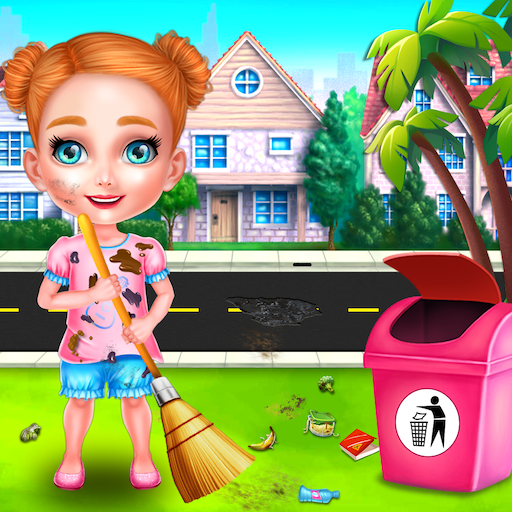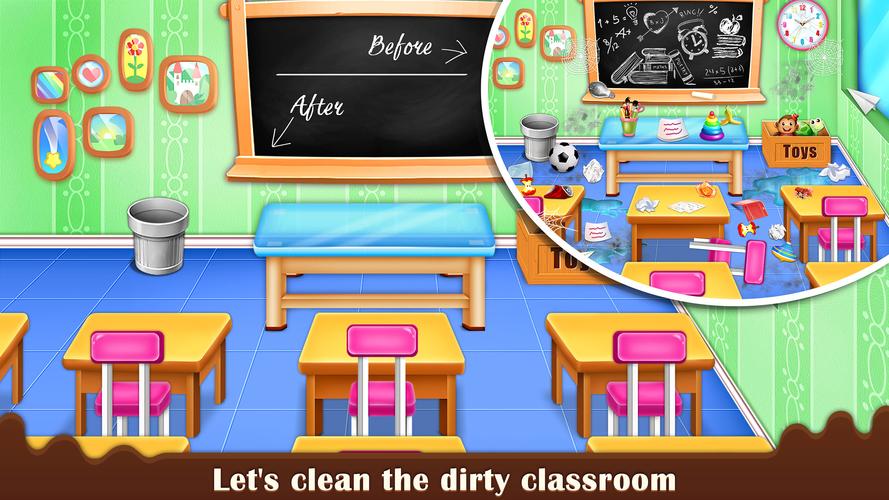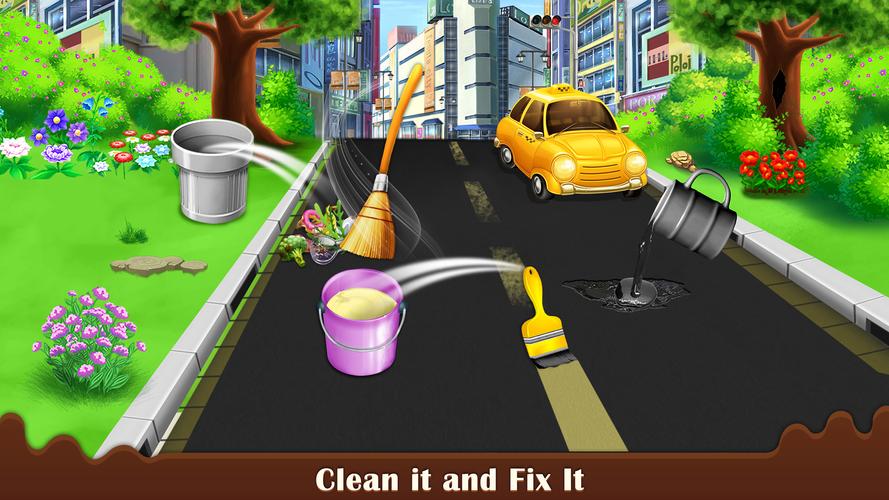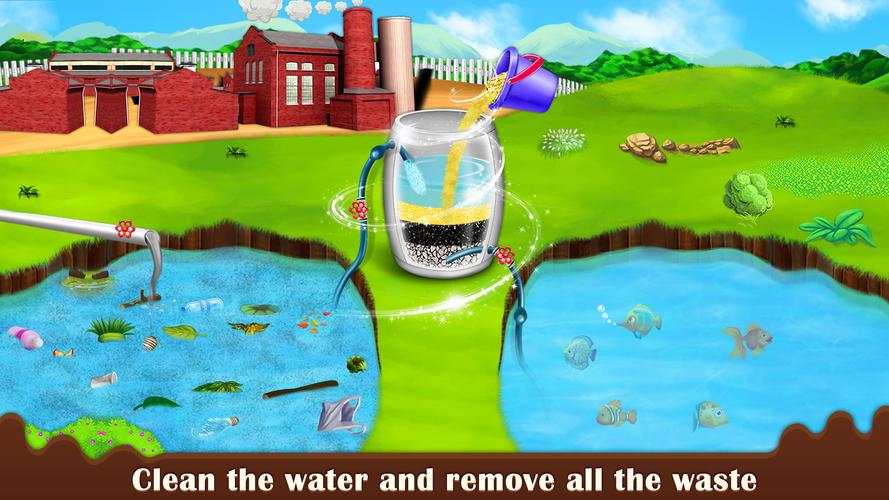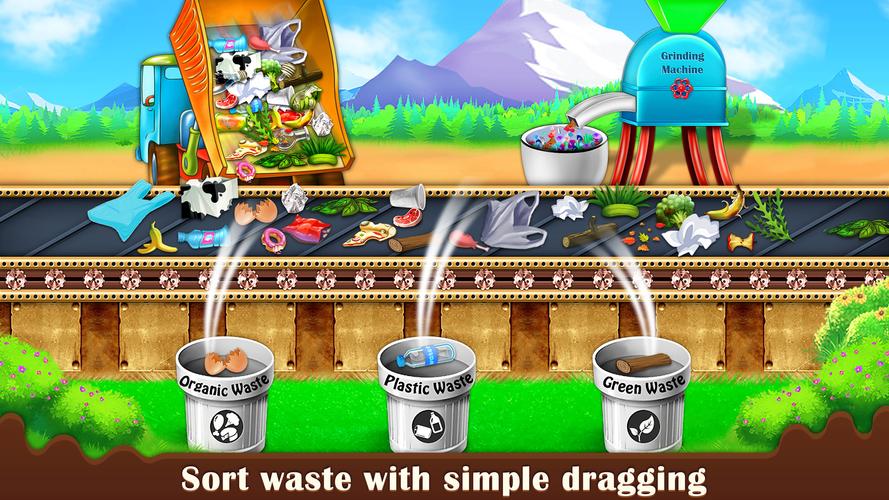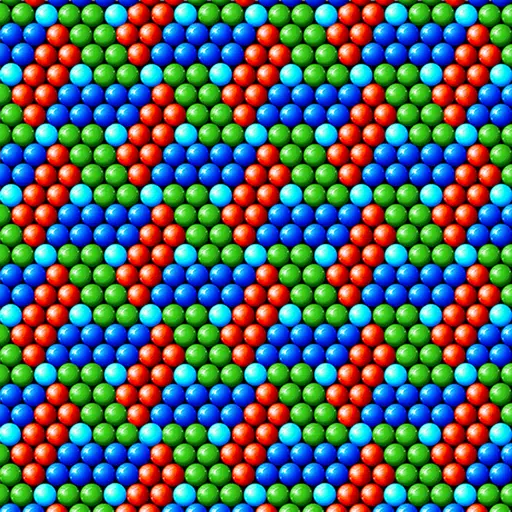Keeping our country clean is a fundamental responsibility for every citizen. Teaching children the importance of maintaining a clean environment is crucial, starting within the family. This should be a daily practice, not just a task; a commitment to keeping our surroundings clean contributes to a cleaner nation. We must take the initiative to improve our immediate environment, understanding that individual actions collectively create a cleaner nation.
Cleanliness shouldn't be viewed solely as a responsibility; it should be integrated into our daily lives, a necessary component of a healthy existence. This habit should extend beyond ourselves to our neighbors and communities. We need to communicate the benefits of cleanliness: a healthier life, cleaner environment, and a safer future.
12 Activities for a Cleaner Country
• Garden Cleaning: Engage in garden cleanup, removing damaged plants and planting new seeds. Learn about gardening and contribute to a healthy environment.
• Swimming Pool Cleaning: Clean the pool area and remove debris and toys. Properly dispose of all waste.
• Hospital Cleaning: Maintain a clean and tidy hospital environment for patients. Rearrange and clean areas before any potential mess is noticed by medical staff.
• Fuel Station Cleaning: Clean the fuel station area, collecting and disposing of trash properly.
• School Cleaning: Daily school cleaning teaches students social responsibility. Develop good cleaning habits in classrooms and the canteen, properly disposing of waste and organizing materials.
• Road Cleaning: Participate in regular road cleanups to beautify the area and maintain a healthy environment for residents and visitors.
• River/Water Cleaning: Contribute to reducing water pollution by participating in river cleanups and supporting initiatives to combat industrial water pollution.
• Air Cleaning: Reduce air pollution by supporting initiatives to stop industrial air pollution, using public transportation, and planting trees.
• Garbage Sorting: Learn to sort waste into categories like wood, metal, glass, and plastics for recycling.
• Compost Making Plant: Process organic waste to create organic fertilizer.
• Pellet Making Plant: Process green/horticultural waste to create biomass pellets.
• Fuel Making Plant: Process plastic waste to create low-density oil (LDO), carbon, and liquefied petroleum gas (LPG). LDO can be further refined into petrol and diesel.
Let's work together to make our country clean and enjoy a healthy, happy life! Let's have some FABULOUS FUN!!!
Screenshot












